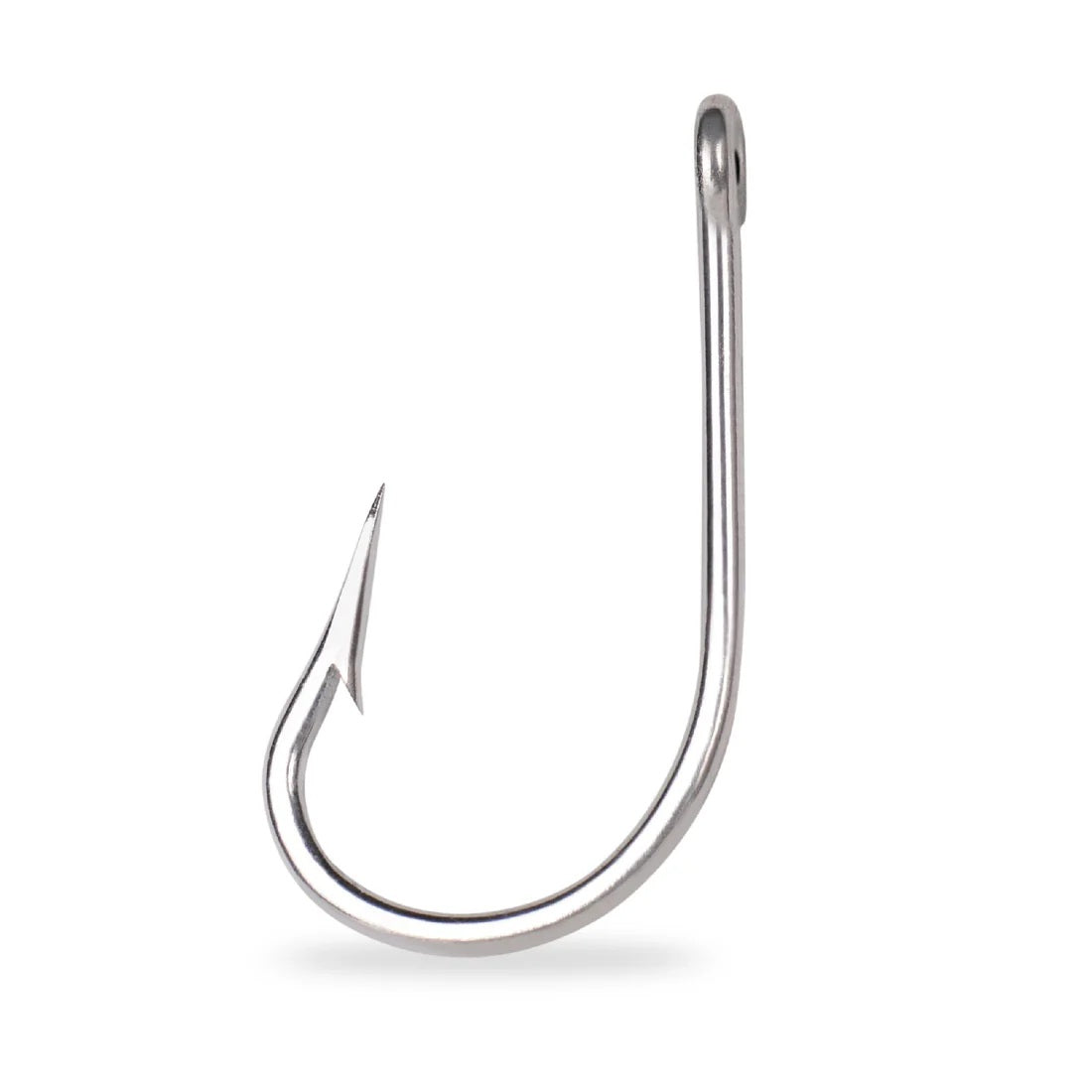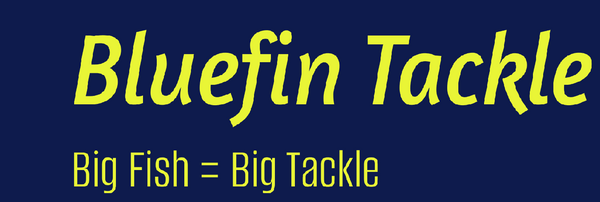
The Best Hooks for Shark Fishing: A Complete Guide
Share
The Best Hooks for Shark Fishing: A Complete Guide
Shark fishing is one of the most thrilling experiences for anglers worldwide. These apex predators put up a fierce fight, making them a sought-after catch for sport fishers. However, landing a shark requires not just skill but also the right gear—especially the hook. The right hook ensures a secure and humane catch while reducing harm to the shark. In this comprehensive guide, we’ll explore the best hooks for shark fishing, covering different types, materials, sizes, and their effectiveness.
Understanding Hook Types
Shark fishing hooks come in various shapes and sizes, each designed for different applications. Below are the most commonly used types:
1. Circle Hooks
Circle hooks are one of the most popular choices for shark fishing due to their high catch rate and conservation benefits. These hooks are designed to lodge in the corner of the shark’s mouth, reducing internal damage and increasing the chance of a successful release. Benefits of circle hooks include:
- High hook-up rate
- Reduced gut-hooking
- Less harm to the shark
- Ideal for catch-and-release fishing
Best Circle Hook Brands:
- Mustad Demon Perfect Circle Hook
- Owner Offshore Circle Hook
- Eagle Claw Lazer Sharp Circle Hook
2. J-Hooks
J-hooks are a traditional option that many anglers still use for shark fishing. They resemble the letter “J” and are effective at deep hook penetration. However, J-hooks have a higher risk of gut-hooking a shark, making them less ideal for catch-and-release fishing.
Pros:
- Strong hook set
- Great for large bait presentations
- Available in a wide range of sizes
Cons:
- More likely to cause injury to the shark
- Less preferred for conservation purposes
Best J-Hook Brands:
- Gamakatsu Big River Bait Hook
- Mustad Classic 7691 J-Hook
- VMC Nemesis Heavy Duty Hook
3. Offset Hooks
Offset hooks have a slightly bent shank, allowing for better hook penetration. They work well for both live and dead bait presentations and provide a strong grip on the shark’s mouth. However, the offset design increases the risk of gut-hooking, so proper handling is necessary.
Best Offset Hook Brands:
- Gamakatsu Inline Octopus Circle Hook
- Mustad UltraPoint Offset Hook
- Owner Mutu Light Circle Hook
4. Barbless Hooks
Barbless hooks are used primarily in conservation-focused shark fishing. While they can make it easier for the shark to escape, they also reduce injury and facilitate quick releases. Some anglers modify standard hooks by flattening the barbs.
Best Barbless Hook Brands:
- Eagle Claw Barbless Circle Hook
- Mustad Barbless Inline Hook
- Owner No-Barb Mutu Hook
Choosing the Right Hook Size
Selecting the right hook size is crucial when targeting sharks. The size should match the bait and the species being targeted. Below are general guidelines for hook sizes based on the type of shark:
- Small sharks (3-6 feet) – 5/0 to 10/0 hooks
- Medium sharks (6-9 feet) – 10/0 to 16/0 hooks
- Large sharks (9+ feet) – 16/0 to 20/0 hooks
Larger hooks are necessary for species such as tiger sharks, hammerheads, and great whites, while smaller hooks can be used for blacktips, spinners, and bonnetheads.
Hook Materials and Durability
The material of the hook plays a vital role in its strength, sharpness, and longevity. The most common materials include:
1. Stainless Steel Hooks
Stainless steel hooks are highly durable and corrosion-resistant, making them excellent for saltwater fishing. However, they take longer to degrade if lost in the ocean, posing a potential environmental risk.
2. High-Carbon Steel Hooks
High-carbon steel hooks are extremely strong and sharp, making them ideal for large sharks. However, they are more prone to rusting than stainless steel hooks.
3. Bronze Hooks
Bronze hooks are designed to rust quickly, making them a more environmentally friendly option. They are often used in catch-and-release fishing because if a shark breaks off, the hook will degrade faster in saltwater.
Hook Sharpness and Maintenance
Keeping hooks sharp is essential for effective shark fishing. A dull hook can reduce penetration, making it harder to land a shark. Here are some maintenance tips:
- Use a hook sharpener regularly to maintain a razor-sharp point.
- Rinse hooks with freshwater after each fishing trip to prevent corrosion.
- Store hooks in a dry place to avoid rust buildup.
- Replace damaged or worn-out hooks to ensure a successful catch.
Hooking and Handling Sharks Ethically
Shark fishing should be conducted responsibly to ensure the survival of the species. Here are some ethical fishing practices:
- Use circle hooks to minimize internal injuries.
- Avoid using stainless steel hooks if practicing catch-and-release.
- Handle sharks with care, using wet gloves or a tail rope to avoid stress.
- Remove the hook as quickly as possible before releasing the shark.
- Follow local fishing regulations and size limits.
Final Thoughts
Choosing the right hook for shark fishing is essential for both success and conservation. Whether you opt for circle hooks for their ethical benefits, J-hooks for their effectiveness, or barbless hooks for quick releases, understanding their advantages and limitations will make you a more responsible angler. Proper hook size, material, and sharpness all play a role in ensuring a successful and humane catch. By following ethical fishing practices, you can enjoy the thrill of shark fishing while promoting sustainable angling for future generations.
